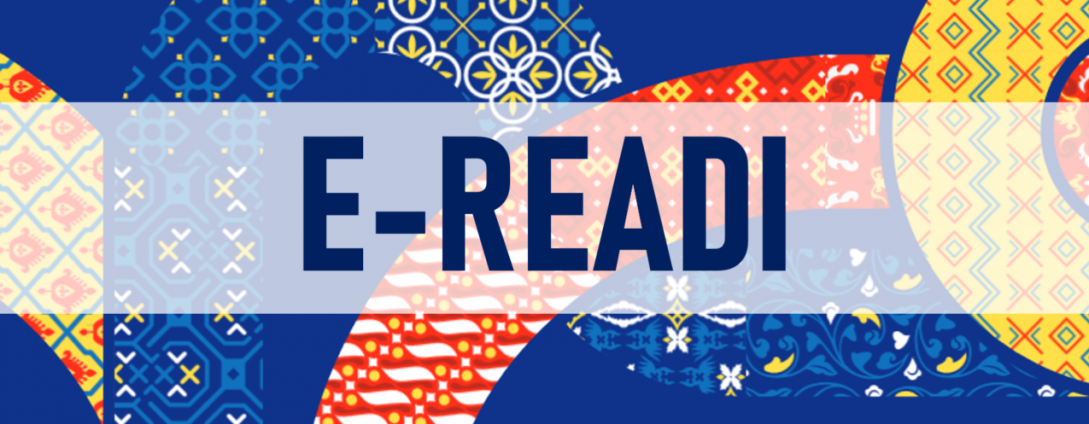EU and Brunei explore use of construction design standards, Eurocodes

EU and Brunei Darussalam explore use of construction design standards, Eurocodes
Brunei Darussalam is exploring the implementation of Eurocodes, a series of 10 European Standards that provide a common approach for successfully designing buildings and other civil engineering works and construction products. The implementation was discussed at the event “Towards Increasing Awareness of the Eurocodes in Brunei Darussalam – Workshop on Training Needs Assessment,” carried out on 5-6 July 2022 in the framework of the Enhanced Regional EU-ASEAN Dialogue Instrument (E-READI).
The workshop resulted from an introductory event for all ASEAN Member States in 2021, based on the expression of interest from Brunei Darussalam and E-READI’s discussion with the Authority on Building Control and Construction Industry of Brunei Darussalam (ABCi).
In his opening remarks, H.E. Vincent Piket, the European Union (EU) Ambassador to Indonesia and Brunei Darussalam, said “EU is a strong promoter of ASEAN integration, we are keen to see the business sector of ASEAN succeed and the construction sector to contribute towards climate goals”.
The European Commission’s Joint Research Centre (JRC) Deputy Head of Unit for Safety and Security of Buildings, Dr Silvia Dimova, said: “I truly hope, after this workshop, the Eurocodes will become our common language, on which we express our common wish to build the world back better, safer, healthier, and happier”.
This was echoed by the Chair of the Building and Construction Working Group of ASEAN Consultative Committee on Standards and Quality, Mr Lintong Sopandi Hutahaean: “We are grateful for this workshop and believe that the knowledge gained will be an effective provision in smoothening the way to standards in the construction sector in ASEAN”.
Permanent Secretary at Infrastructure, Ministry of Development of Brunei Darussalam, Ir Haji Amer Hishamuddin Bin Pehin Dato Haji Zakaria expressed the hope that “this workshop will enable the various stakeholders to put forward a recommendation on the adoption of Eurocodes and to develop the action plans required in order for our practitioners to be able to use these standards, from our universities teaching our future engineers and designers, to current professionals who have been trained and more used to design using the British Standards”.
Over the course of two days, EU experts shared their knowledge on the technical aspects and tools available for adopting Eurocodes, especially in the context of safety, stability, and climate resiliency, to national authorities and institutions in Brunei Darussalam.
Participants obtained a general introduction of the Eurocodes’ standardised system for the construction sector and detailed technical design standards applied to concrete structures and geotechnical design. Case studies from adopting Eurocodes from the fellow ASEAN Member States such as Malaysia gave a practical overview of regulatory and standardisation framework, training, implementation, and maintenance. Panel session – ‘Transition from National Standards for Structural Design to the Eurocodes - Opportunities and Challenges’- opened the floor for facilitating the process of adopting Eurocodes as national standards.
An aspect of the Eurocodes that was thoroughly discussed was the feasible general flexibility, especially with the development of its second generation. The assessment, re-use, and retrofitting of existing structures is entirely possible, which applies to the transference of Eurocodes to ASEAN climates, materials, and local situations.
The strong interest and active participation of Brunei Darussalam was a beacon for additional ASEAN Member States to also express their interest in the adoption of Eurocodes, an invitation to identify needs for alignment of national legislation and standardisation framework for the construction sector with EU legislation.
The EU-ASEAN Dialogue on Eurocodes was established through a multi-annual concept note with the ASEAN Buildings and Construction Working Group and the European Commission’s JRC. The Eurocodes dialogue aims to bring a coherent approach to adopting the design standards for the construction sector across the ASEAN Member States through a regional approach. ASEAN Member States are currently at various stages of awareness of the Eurocodes concepts and their adoption at the national level.
----------------
About E-READI
The Enhanced Regional EU-ASEAN Dialogue Instrument is a development cooperation programme that facilitates cooperation and dialogue between the EU and ASEAN in policy areas of joint interest. Drawing on the EU’s experience of regional integration, E-READI further strengthens both the ASEAN regional integration process and the overall ASEAN-EU strategic partnership.
e-mail: ereadi@asean.org
